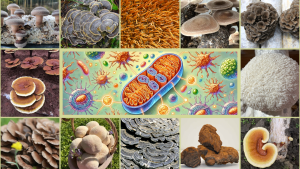
Mushroom Coffee Revolution: Why Coffee Shops Should Embrace Functional Mushrooms and Tailored Blends
The Opportunity Functional mushroom coffee sits at the intersection of wellness and specialty coffee. Market growth, rising consumer demand for adaptogenic products, and early success





